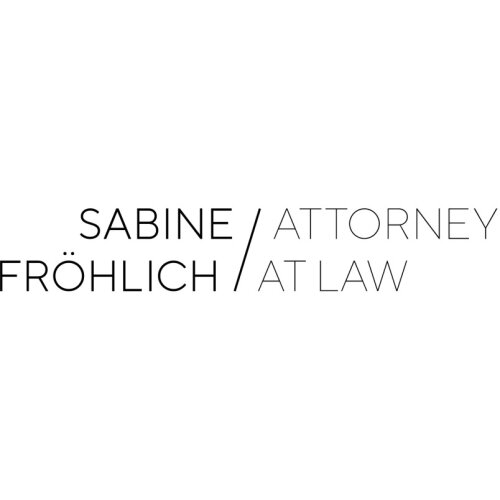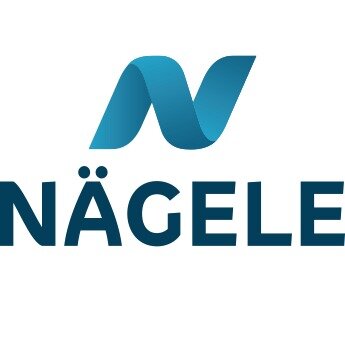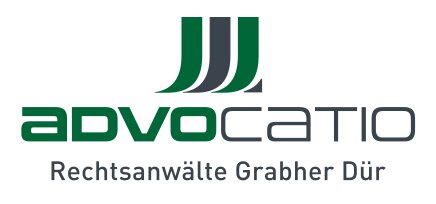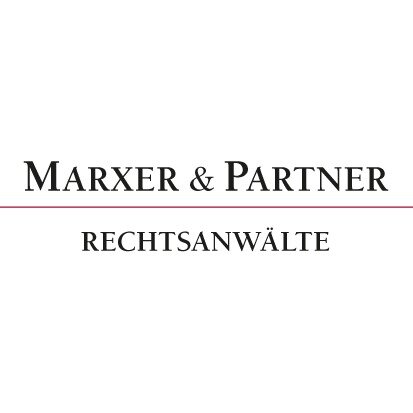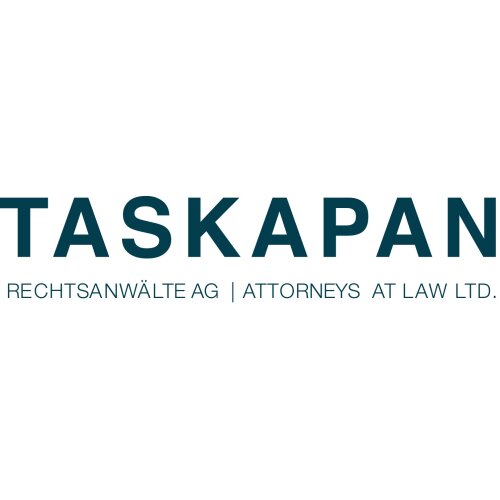Best Project Finance Lawyers in Vaduz
Share your needs with us, get contacted by law firms.
Free. Takes 2 min.
List of the best lawyers in Vaduz, Liechtenstein
About Project Finance Law in Vaduz, Liechtenstein
Project finance in Vaduz, Liechtenstein, refers to the legal structure and funding of large-scale projects, where repayment is primarily reliant on the cash flow generated by the specific project rather than the balance sheets of project sponsors. Sectors commonly involved include infrastructure, renewable energy, utilities, and real estate. Liechtenstein’s well-known reputation for financial stability, robust regulatory framework, and business-friendly environment makes Vaduz an attractive location for project finance arrangements, especially for cross-border investments that require a combination of legal rigor and flexibility.
Why You May Need a Lawyer
Obtaining legal assistance is crucial when navigating the complex field of project finance. Common scenarios where a lawyer can help include:
- Structuring project finance transactions and drafting necessary agreements
- Negotiating with lenders, sponsors, and other stakeholders
- Ensuring compliance with local and international regulations
- Navigating tax considerations and securing regulatory approvals
- Mitigating risks linked to disputes, default, or insolvency
- Assisting with mergers, acquisitions, or project refinancing
- Advising on environmental and permitting requirements
- Drafting or reviewing security packages and collateral arrangements
Local Laws Overview
Project finance in Vaduz, Liechtenstein, is influenced by a stable legal system and modern regulatory environment, tailored to support both domestic and international business activity. Key aspects include:
- Contract Law: Project finance structures are built on clear contractual rights and obligations, governed by Liechtenstein's Civil Code and Commercial Code.
- Banking and Financial Regulations: The Financial Market Authority (FMA) supervises local and cross-border financial activities, including lending, securities, and anti-money laundering compliance.
- Security Interests: Collateral arrangements are recognized and enforceable under local law, providing lenders with protection in cases of default.
- Taxation: Liechtenstein offers competitive tax rates and incentives, but careful planning is necessary to maximize benefits while ensuring compliance.
- Permits and Environmental Regulation: Projects must comply with zoning, construction, and environmental permitting requirements, overseen by local authorities.
- Dispute Resolution: The court system in Vaduz is reliable, and alternative dispute resolution mechanisms, such as arbitration, are also recognized.
Frequently Asked Questions
What is project finance?
Project finance is a method of funding large projects where the lender relies principally on the project's revenue stream for repayment, rather than the creditworthiness of the sponsors.
Why choose Vaduz, Liechtenstein, for project finance?
Vaduz is favored due to its financial stability, transparent legal system, strong protection of investors’ rights, tax efficiency, and established reputation as a global financial center.
Do I need a local partner or company to execute a project finance transaction?
While not mandatory in all cases, partnering with a local entity can facilitate compliance with regulatory requirements and support project execution, particularly for certain regulated sectors.
What types of security can lenders take in project finance deals in Liechtenstein?
Common forms include mortgages over property, pledges of shares or receivables, and assignment of project contracts and accounts. These are recognized and enforceable under Liechtenstein law.
Are there foreign ownership restrictions?
Liechtenstein generally allows full foreign ownership of project companies, but sector-specific regulations or national interest concerns may impose certain requirements.
How are project finance agreements enforced in Liechtenstein?
Contracts are typically governed by Liechtenstein law and enforced through local courts, which are efficient and impartial. International arbitration clauses are also commonly used and recognized.
What are the main regulatory bodies I should be aware of?
The Financial Market Authority (FMA) regulates financial services, while sector-specific agencies or municipal authorities may oversee project permits, construction, and environmental compliance.
Are there particular tax considerations for project finance?
Liechtenstein offers favorable corporate tax rates and incentives, but requires careful structuring due to anti-abuse legislation and to ensure compliance with international standards.
How do I get the necessary permits for my project?
Permitting involves applications to local governments for zoning, construction, and environmental approvals. Legal guidance helps streamline the process and avoid delays.
What happens if a dispute arises during the project?
Disputes are typically resolved through direct negotiation, mediation, or arbitration as agreed in the project documents. Liechtenstein courts are also well respected for their expertise and efficiency.
Additional Resources
When seeking further information or assistance related to project finance in Vaduz, consider contacting:
- Financial Market Authority (FMA) Liechtenstein: The principal regulator for banking and financial transactions.
- The Liechtenstein Chamber of Commerce and Industry (LCCI): Provides business advisory services and can direct you to accredited legal professionals.
- Vaduz Municipal Authorities: Responsible for zoning, building permits, and local regulatory issues.
- Liechtenstein Institute of Professional Trustees and Fiduciaries: Offers information on incorporating project companies and working with fiduciary service providers.
Next Steps
If you are considering a project finance venture in Vaduz, Liechtenstein, the following steps can help position your project for success:
- Identify the project's scope, sector, and key stakeholders.
- Consult with an experienced project finance lawyer familiar with the local market, transactional law, and regulatory requirements.
- Work closely with legal counsel to review or draft contracts, negotiate terms, and structure the financing appropriately.
- Ensure all regulatory approvals, permits, and licenses are obtained before commencement.
- Remain proactive in legal compliance, risk management, and ongoing contractual obligations throughout the project lifecycle.
Lawzana helps you find the best lawyers and law firms in Vaduz through a curated and pre-screened list of qualified legal professionals. Our platform offers rankings and detailed profiles of attorneys and law firms, allowing you to compare based on practice areas, including Project Finance, experience, and client feedback.
Each profile includes a description of the firm's areas of practice, client reviews, team members and partners, year of establishment, spoken languages, office locations, contact information, social media presence, and any published articles or resources. Most firms on our platform speak English and are experienced in both local and international legal matters.
Get a quote from top-rated law firms in Vaduz, Liechtenstein — quickly, securely, and without unnecessary hassle.
Disclaimer:
The information provided on this page is for general informational purposes only and does not constitute legal advice. While we strive to ensure the accuracy and relevance of the content, legal information may change over time, and interpretations of the law can vary. You should always consult with a qualified legal professional for advice specific to your situation.
We disclaim all liability for actions taken or not taken based on the content of this page. If you believe any information is incorrect or outdated, please contact us, and we will review and update it where appropriate.



